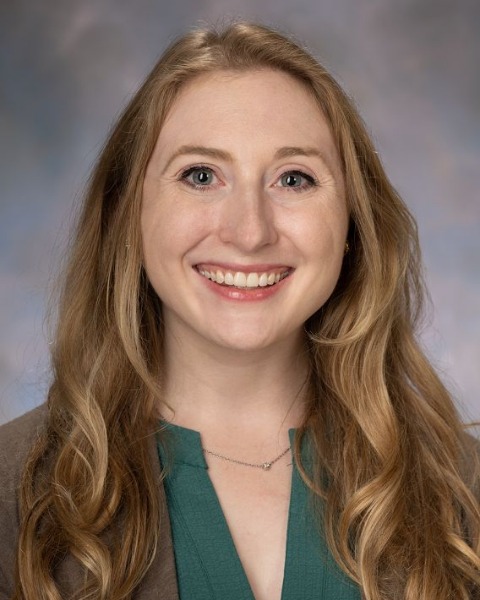Neonatology
Session: Neonatal General 1 Works in Progress
WIP 102 - Biomarkers of Intestinal Injury in Neonatal ECMO
Sunday, May 5, 2024
3:30 PM - 6:00 PM ET
Poster Number: WIP 102
Publication Number: WIP 102.2409
Publication Number: WIP 102.2409

Abigail L. Melemed, MD (she/her/hers)
Neonatal-Perinatal Medicine Fellow
Nationwide Children's Hospital
Columbus, Ohio, United States
WIP Presenting Author(s)
Background: New guidelines from the Extracorporeal Life Support Organization recommend early enteral nutrition due to improved clinical outcomes in children requiring Extracorporeal Membrane Oxygenation (ECMO). However, neonates requiring ECMO may be more vulnerable to risks of enteral nutrition due to intestinal hypoperfusion. A potential diagnostic adjuvant for these patients is the measurement of biomarkers of intestinal ischemia such as glucagon-like peptide-1 (GLP-1), intestinal fatty acid binding protein (i-FABP), and galectin-4 (Gal-4); elevations of which have previously been associated with necrotizing enterocolitis and mesenteric ischemia. It is not known if these biomarkers are elevated in the neonatal ECMO population or if the levels have any relation to severity of lactic acidosis, elevation of vasoactive-inotropic score (VIS), or initiation of feeds. If identified, these biomarkers could assist clinicians with management of enteral nutrition in this high-risk population.
Objective: The primary objective is to investigate the kinetics of GLP-1, i-FABP, and Gal-4 surrounding initiation of ECMO in neonates < 30 days of life. We will compare these biomarker levels with plasma lactate and VIS and explore changes related to the initiation of enteral nutrition.
Design/Methods: Previously collected plasma samples from neonatal patients requiring ECMO will be analyzed. All subjects (n=22) gave consent for use of residual samples in subsequent research and had sufficient volume available. Biomarker levels will be measured using ELISA kits at serial timepoints during the ECMO course, including pre- and post-cannulation (hour 4, daily for 7 days). Clinical data elements including lactate, VIS, and enteral nutrition exposure were collected via chart review. Linear mixed models and Spearman correlation coefficients will estimate the association between biomarker elevation and clinical variables. IRB approval was obtained on 10/25/23 (STUDY00003632) and intramural grant funding was obtained on 9/29/23. We anticipate completion of ELISAs by February 2024 with analysis by April 2024.
